Essential Sewing Accessories Every Beginner Needs
If you're just getting into sewing, you might feel a bit overwhelmed by all the gadgets and tools out there. Do you really need 15 different types of scissors? What's the deal with all these rulers? And why does every sewing pro swear by a seam ripper? Sewing accessories every beginner needs to have.
Don't worry I'm here to cut through the clutter and help you build the ultimate beginner-friendly sewing kit. With just a few essential tools, you'll be ready to take on your first project with confidence. Let’s break it down.
1. Measuring Tools: Precision is Everything
Before you cut a single piece of fabric, you need to measure like a pro. Here’s what you’ll need:
-
Tape Measure – Flexible and marked in both inches and centimeters, this is a must for taking body measurements and ensuring fabric is cut to size.
-
Sewing Gauge – A tiny ruler with a sliding marker that helps you measure small details like seam allowances and button placements.
-
Rotary Ruler – Ideal for straight-line cutting, especially if you’re using a rotary cutter.
Pro Tip: A mistake in measuring can lead to ill-fitting garments. Always double-check before cutting.
2. Cutting Tools: Clean Cuts for a Clean Finish
You can’t sew without cutting fabric, but not all scissors are created equal:
-
Fabric Scissors (Shears) – A dedicated pair of sharp sewing scissors makes a world of difference. Never use them on paper.
-
Rotary Cutter – Think of this as the pizza cutter of the sewing world—perfect for cutting fabric smoothly and efficiently.
-
Pinking Shears – These create a zigzag edge to help prevent fabric from fraying.
Pro Tip: Always use a self-healing cutting mat underneath when using a rotary cutter to protect your work surface.
3. Marking Tools: Make Your Guides Disappear
Sewing is all about precision, and marking fabric helps keep everything aligned:
-
Tailor’s Chalk – Ideal for temporary markings that easily brush away.
-
Disappearing Ink Pen – Marks your fabric but fades over time or with water.
-
Tracing Wheel & Paper – Great for transferring sewing patterns onto fabric.
Pro Tip: Always test marking tools on a fabric scrap before using them on your project.
4. Needles & Thread: The Backbone of Every Project

No matter what you're making, you’ll need quality thread and the right needles. Here’s what to keep in your kit:
-
Sewing Machine Needles – Choose the correct size based on your fabric (heavy-duty for denim, fine for silk).
-
Hand Sewing Needles – For small fixes and intricate stitching.
-
Thread – Invest in polyester thread for most projects—it’s strong and durable.
Pro Tip: Keep a small needle threader handy to save yourself from eye strain.
5. Pinning & Holding: Keeping Everything in Place
Before you start sewing, secure your fabric pieces together to avoid shifting:
-
Straight Pins & Pincushion – Keep your fabric aligned with these must-have tools.
-
Fabric Clips – A great alternative to pins, especially for thicker fabrics.
-
Pattern Weights – Instead of pinning, use these to hold fabric down while cutting.
Pro Tip: Pins should always be sharp and rust-free—replace them regularly.
6. Stitching Essentials: Seam Rippers & Bobbins
Mistakes happen (even to the pros!), and having the right fix-it tools is key:
-
Seam Ripper – Your best friend for undoing stitches cleanly.
-
Bobbins – Pre-wind a few in different colors so you’re always ready to sew.
-
Thread Snips – Small, sharp scissors designed for cutting thread without fraying.
Pro Tip: If you ever sew a seam incorrectly, don’t stress—just rip and redo.
7. Pressing Tools: A Crisp Finish Makes a Difference
Pressing your fabric can take your sewing game from homemade to professional-looking.
-
Iron & Ironing Board – A hot iron smooths out wrinkles and sets seams.
-
Seam Roll & Tailor’s Ham – Helps shape curved areas like collars and darts.
-
Pressing Cloth – Protects delicate fabrics from direct heat.
Pro Tip: Always press your seams after sewing—it makes your final piece look polished.
8. A Reliable Sewing Machine: Your Workhorse
A good sewing machine doesn’t have to be expensive, but it should be dependable. Look for features like:
-
Multiple Stitch Options – Basic straight and zigzag stitches are a must.
-
Easy Bobbin Loading – Saves time and frustration.
-
Automatic Needle Threader – A real lifesaver, especially for beginners.
Pro Tip: Read your sewing machine manual. It’ll save you a ton of headaches later.
Final Thoughts: Build Your Sewing Kit With Confidence
Starting your sewing journey is exciting, and having the right tools makes all the difference. You don’t need every gadget on the market—just focus on quality essentials that help you learn and grow.
-
Start with the basics: measuring tools, sharp scissors, needles, and thread.
-
Add in the extras: a rotary cutter, seam ripper, and pressing tools as you progress.
-
Keep it organized: A simple storage box can save you tons of frustration.
Now, it’s time to grab your kit and start stitching! Need recommendations on where to buy the best sewing accessories? Check out Hobbysew for high-quality sewing supplies and expert advice.
Happy sewing!
Get the Best Sewing Accessories at Hobbysew Penrith
Ready to stock up on high-quality sewing accessories and start your next project with confidence? At Hobbysew Penrith, we’ve got everything you need—from precision cutting tools and premium sewing machines to top-quality threads and marking essentials—all in one place.
Whether you’re just starting out or leveling up your sewing skills, our expert team is here to help you find the right tools for the job. Visit Us today and experience the difference that quality sewing supplies and expert advice can make.


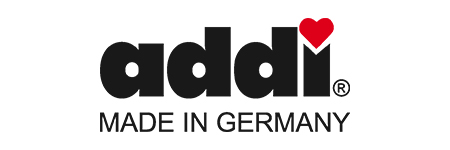 Addi
Addi 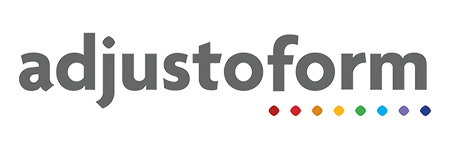 Adjustoform
Adjustoform 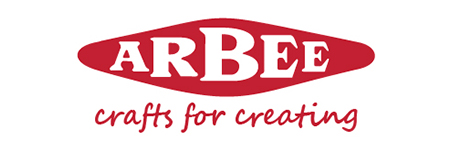 Arbee
Arbee 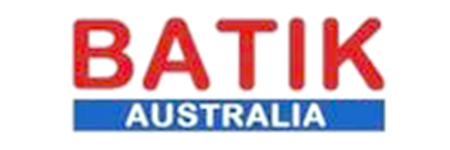 Batik Australia
Batik Australia 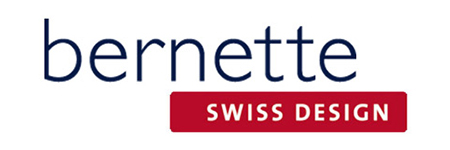 Bernette
Bernette 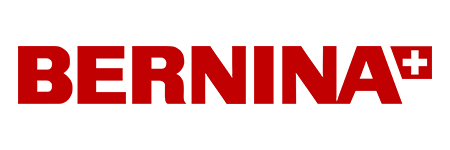 Bernina
Bernina 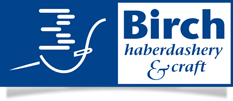 Birch
Birch 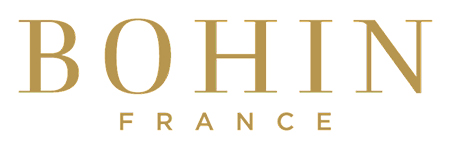 Bohin
Bohin 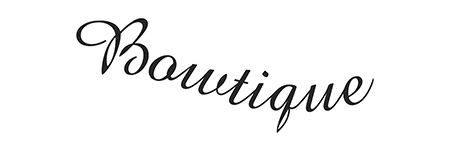 Bowtique
Bowtique 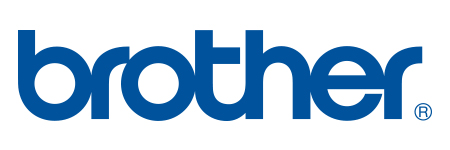 Brother
Brother  Camelot Fabric
Camelot Fabric 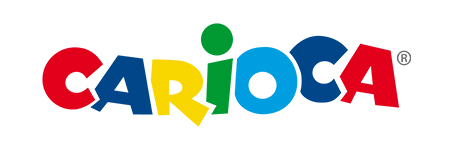 Carioca
Carioca  Celebrate
Celebrate 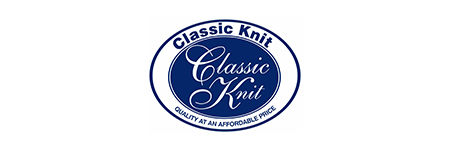 Classic Knit
Classic Knit 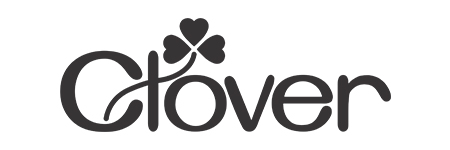 Clover
Clover  Country Threads by Fiona Jude
Country Threads by Fiona Jude  Craft for Kids by BMS
Craft for Kids by BMS  Daylight Lamps
Daylight Lamps 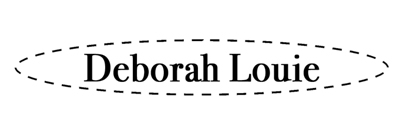 Deborah Louie
Deborah Louie 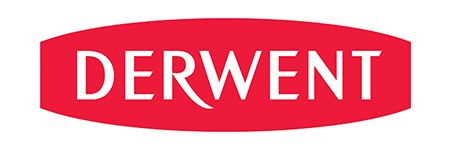 Derwent
Derwent 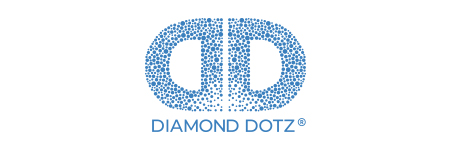 Diamond Dotz
Diamond Dotz  Disney
Disney  DMC
DMC 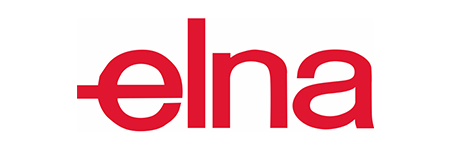 Elna
Elna 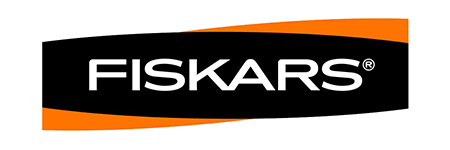 Fiskars
Fiskars 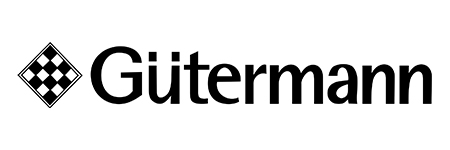 Gutermann
Gutermann  Habee Savers
Habee Savers 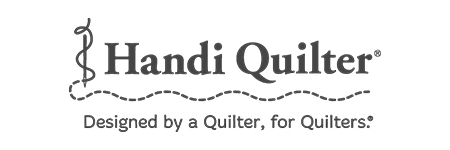 Handi Quilter
Handi Quilter 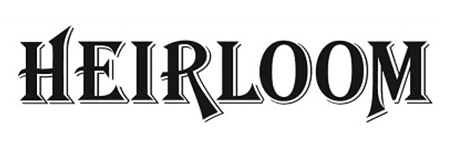 Heirloom
Heirloom 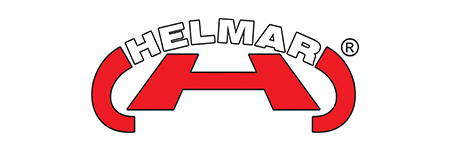 Helmar
Helmar 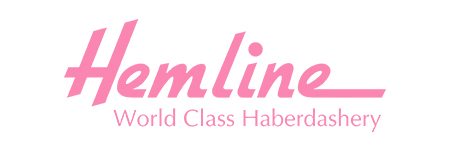 Hemline
Hemline  Hobbysew
Hobbysew 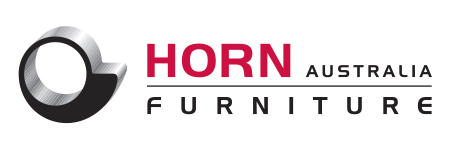 Horn
Horn 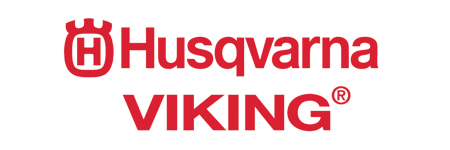 Husqvarna
Husqvarna 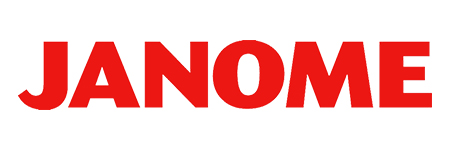 Janome
Janome  Juki
Juki 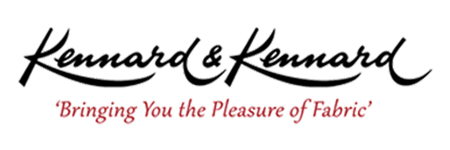 Kennard & Kennard
Kennard & Kennard 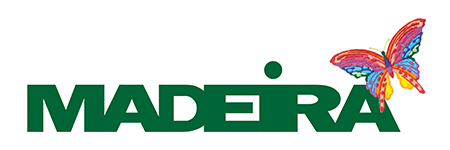 Madeira
Madeira 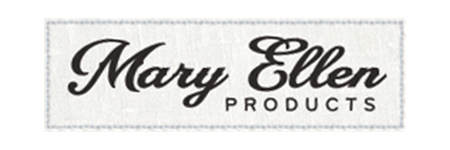 Mary Ellen
Mary Ellen 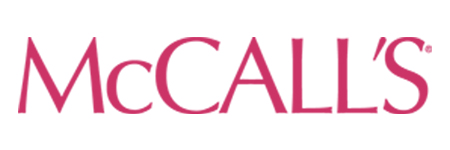 McCall's
McCall's 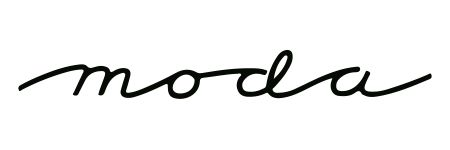 Moda
Moda 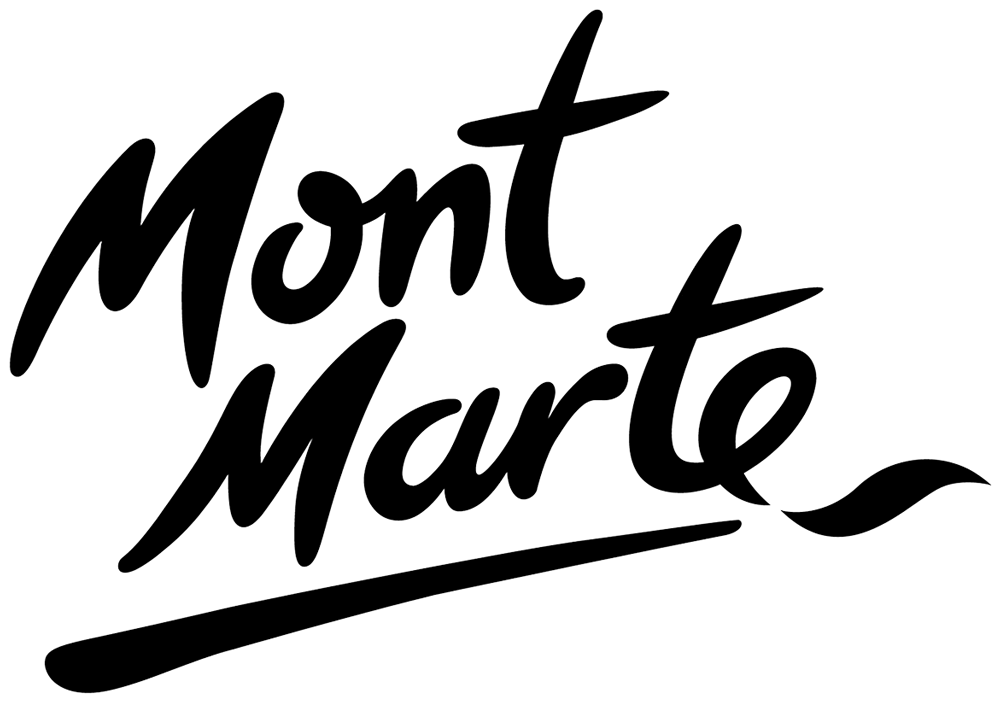 Mont Marte
Mont Marte  Naeo
Naeo 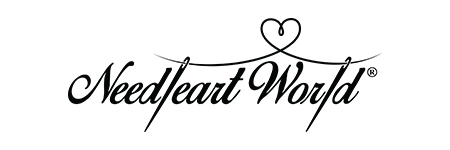 Needleart World
Needleart World 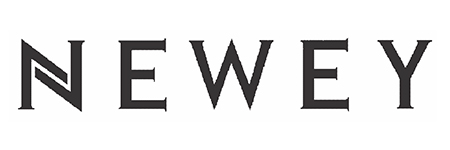 Newey
Newey 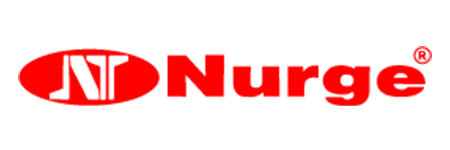 Nurge
Nurge 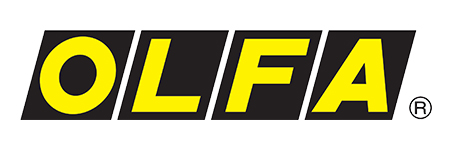 Olfa
Olfa 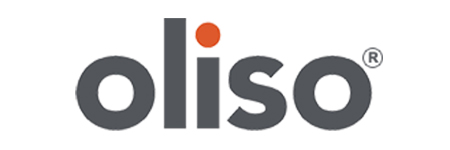 Oliso
Oliso 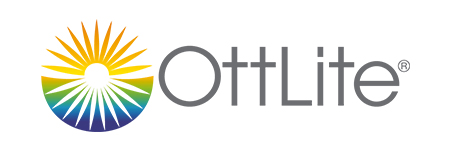 OttLite
OttLite 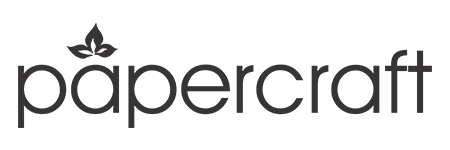 Papercraft
Papercraft 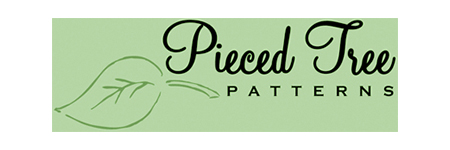 Pieced Tree Patterns
Pieced Tree Patterns  Pony
Pony 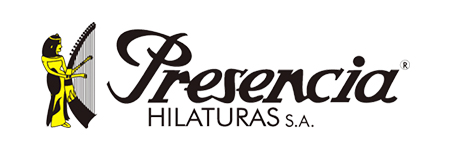 Presencia
Presencia  QA
QA 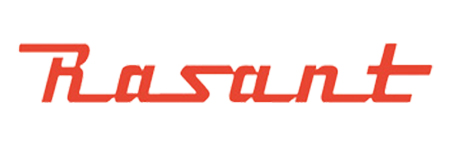 Rasant
Rasant 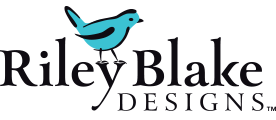 Riley Blake Designs
Riley Blake Designs 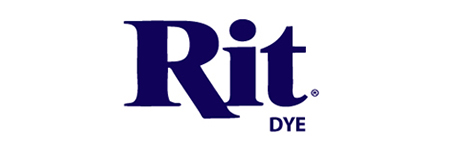 Rit
Rit 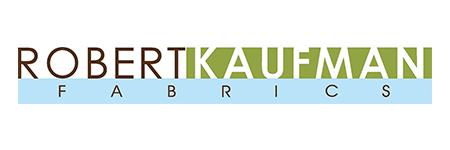 Robert Kaufman
Robert Kaufman 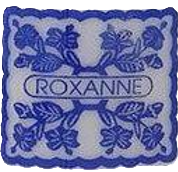 Roxanne
Roxanne 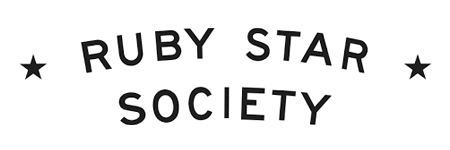 Ruby Star Society
Ruby Star Society  Sakura
Sakura 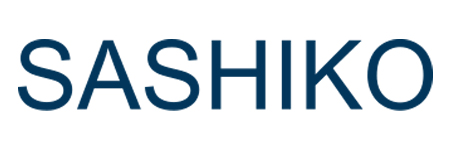 Sashiko
Sashiko 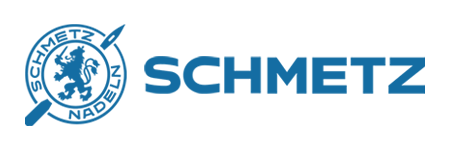 Schmetz
Schmetz  SevenBerry
SevenBerry 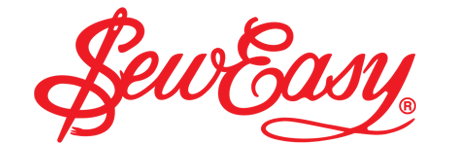 Sew Easy
Sew Easy  Sew Tasty
Sew Tasty 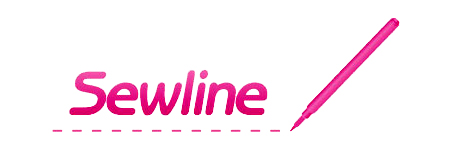 Sewline
Sewline 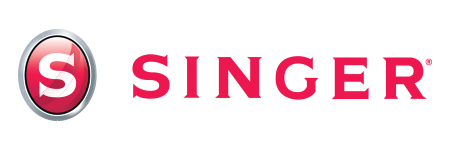 Singer
Singer  Superior Threads
Superior Threads 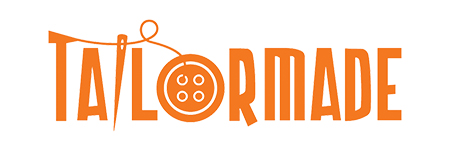 Tailormade
Tailormade  TeeBond
TeeBond  The Grace Company
The Grace Company  Thermoweb
Thermoweb  Tilda
Tilda 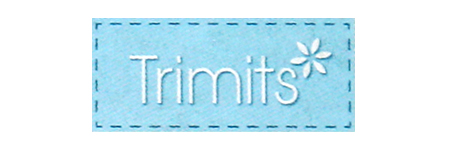 Trimits
Trimits 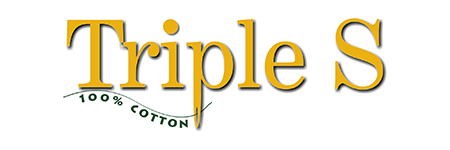 Triple S
Triple S 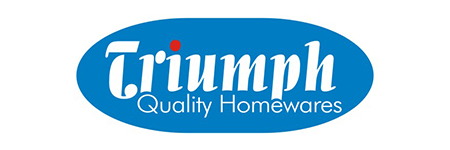 Triumph
Triumph 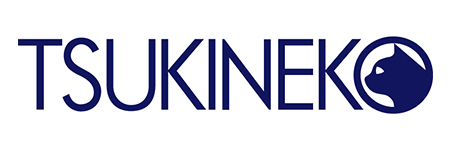 Tsukineko
Tsukineko 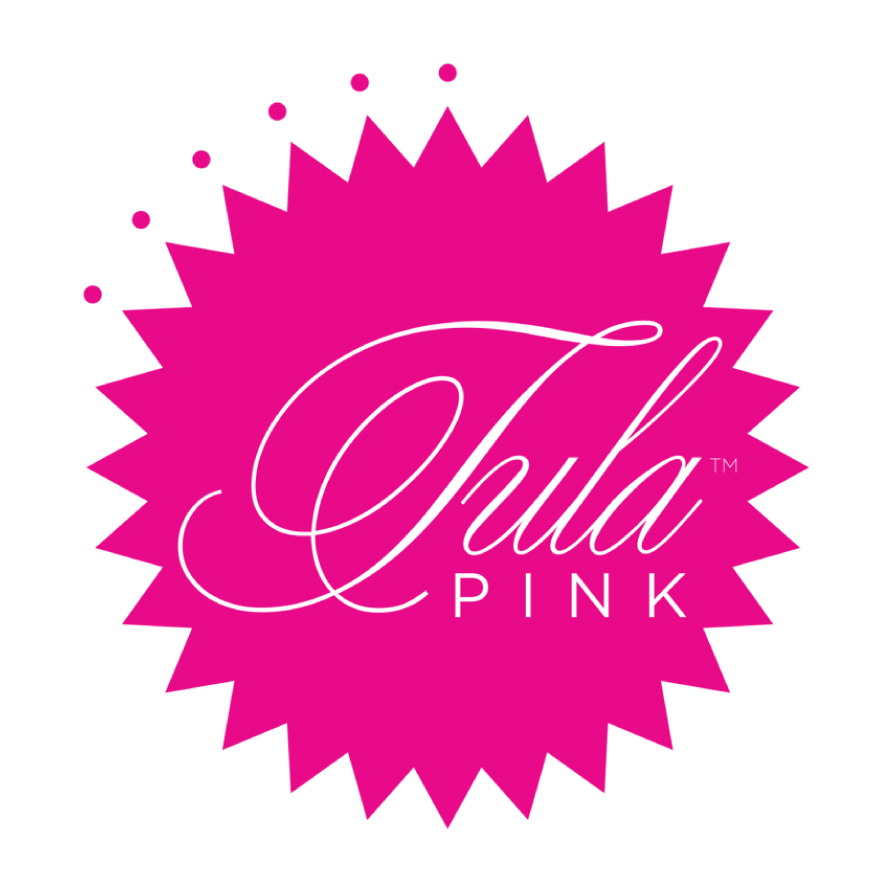 Tula Pink
Tula Pink 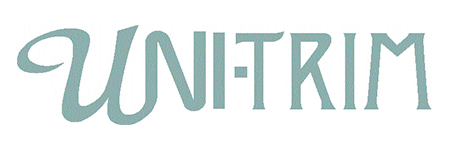 Uni-Trim
Uni-Trim 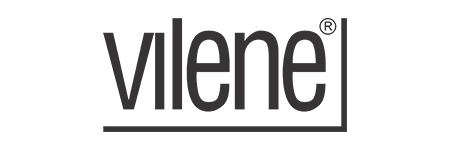 Vilene
Vilene 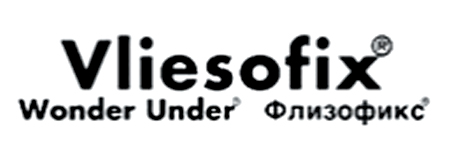 Vliesofix
Vliesofix 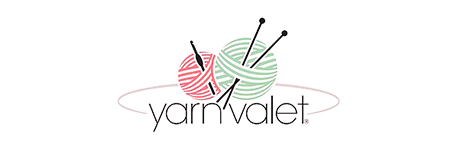 Yarn Valet
Yarn Valet  YKK
YKK 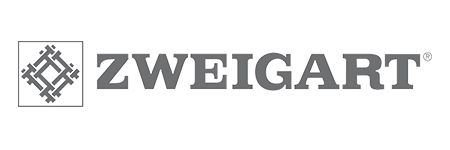 Zweigart
Zweigart